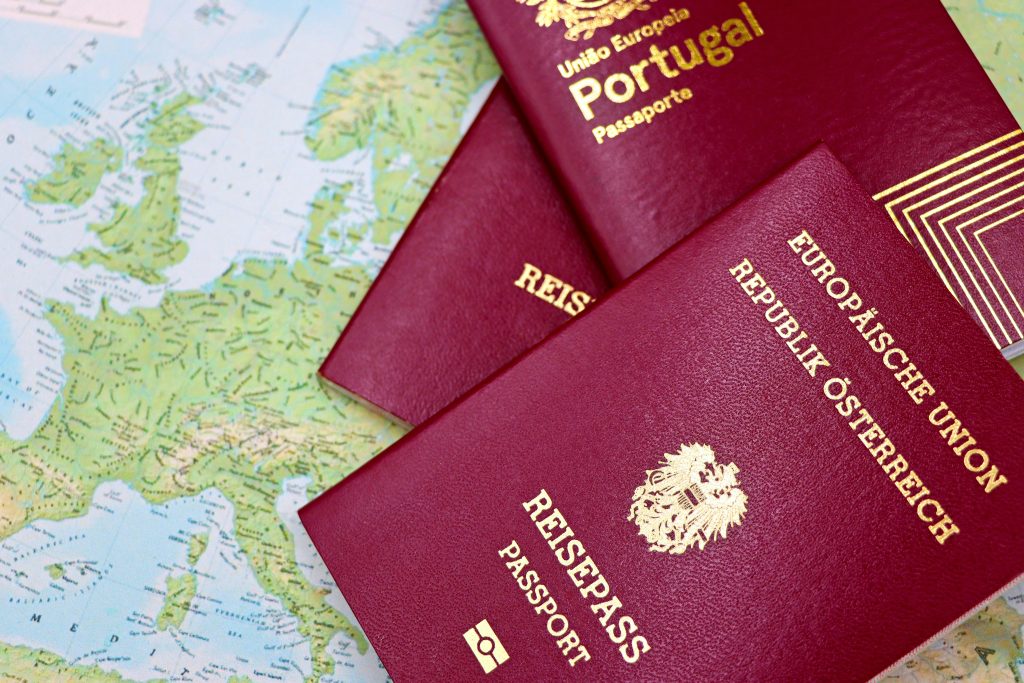Introduction
The United Kingdom is one of the most popular global destinations for tourism, education, and career advancement. If you’re planning to visit, study, or work in the UK, obtaining the correct visa is your first step. This comprehensive guide covers the types of UK visas available, who qualifies, how to apply, and common pitfalls to avoid.
Types of UK Visas
- Standard Visitor Visa
Ideal for short-term stays such as tourism, family visits, attending conferences, or medical treatment. This visa usually allows stays up to six months. - Student Visa
Required if you’re pursuing an academic course in the UK. You’ll need a Confirmation of Acceptance for Studies (CAS) from a recognised UK institution. - Skilled Worker Visa
Suitable for professionals who have a job offer from a licensed UK sponsor. The role must meet the skill and salary requirements. - Family Visa
For joining a partner, spouse, child, or parent who is already living in the UK. - Temporary Work Visa
Covers short-term jobs including charity work, creative artists, and seasonal workers.
General Requirements
- A valid international passport
- Completed online visa application form
- Visa fee payment confirmation
- Biometric appointment (photo and fingerprints)
- Proof of financial stability
- Travel and accommodation details
- Purpose-specific documents (e.g., job offer, admission letter)
Application Steps
Step 1: Determine Your Visa Type
Make sure the visa you choose aligns with your travel intent. Choosing the wrong category can result in automatic rejection.
Step 2: Apply Online
Visit the UK Home Office visa application portal, create an account, and complete your application form carefully.
Step 3: Pay the Visa Fee
Fees vary by visa type. Keep the receipt safe as proof.
Step 4: Book and Attend Biometric Appointment
Go to the nearest Visa Application Centre (VAC) for fingerprinting and photographs. Bring your documents.
Step 5: Submit Supporting Documents
Upload or carry required documents such as bank statements, invitation letters, school offers, or employment contracts.
Step 6: Wait for a Decision
Processing times depend on the visa category and your country of application.
Common Mistakes to Avoid
- Submitting incorrect or inconsistent information
- Using fake or expired documents
- Incomplete financial evidence
- Applying under the wrong visa type
- Failing to show ties to your home country
Final Tips
- Always check the official UK government visa site before applying
- Double-check document requirements for your country
- Consider using a registered immigration consultant if your case is complex
- Be honest and clear in your application and interviews
Conclusion
Whether you’re planning a short visit or a long-term stay, the UK offers diverse visa options to suit your needs. The key to a successful application lies in preparation, accuracy, and complete documentation. Explore our other posts on Visa Refusals and Study Visas for more insights.


